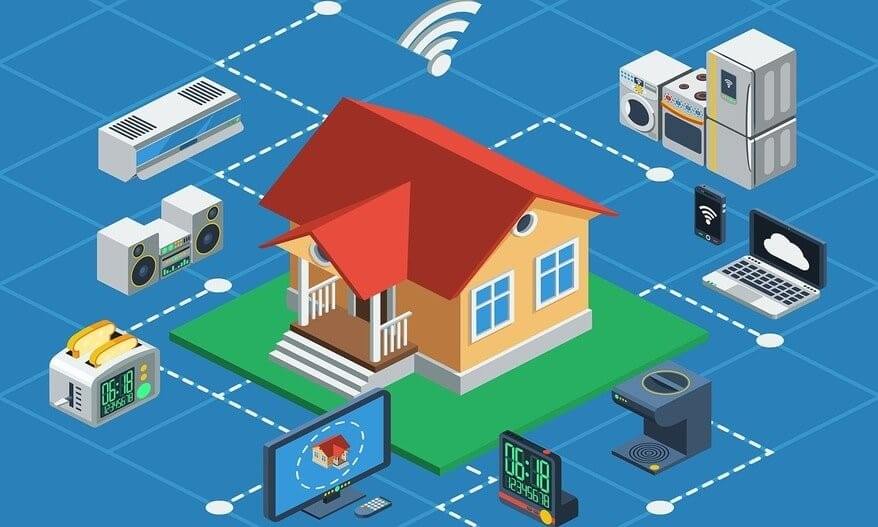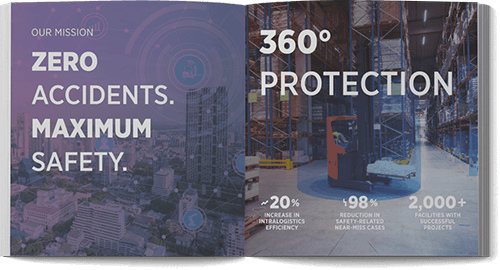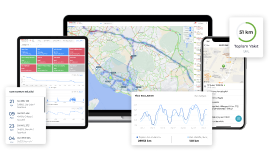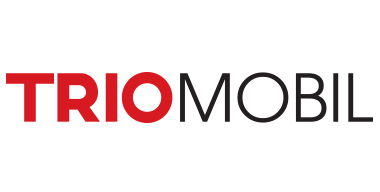Digitalization has been accelerating its pace since there has been a growing
need for data-driven decisions, better optimization of tools and work processes, and more programmable customer and market engagement.
Thanks to digitalization, companies engage in collaboration and data exchange platforms.
This improves the quality and transparency of value exchange and new digital services and drives new revenue opportunities for companies. By applying the digitalization approach,
companies find the opportunity to manage their operations more smoothly with solutions that provide safety, efficiency, and cost advantages.
The Product Description is Changing:
Smart and connected devices developed with the latest technologies make it easier for companies to follow up,
plan and control service plans. Thanks to these products, which have versatile software; It is possible to detect and solve any errors in the production phase.
Another advantage is that they have lesser hardware costs. These products, which can perform data flow by connecting each other, can also use the
hardware of different smart devices for their system. Having a complex structure in terms of software allows the opportunity to detect any product error and quickly solve it.
Products that change and evolve with technology are forcing businesses to redesign almost every operation, from the way they perceive,
design, and supply products, and to the way these products are manufactured, inspected, and delivered. In addition, they facilitate new strategic decisions about
how to work with traditional or new suppliers and how to maintain competitive advantage.
Today, products consisting of mechanical and electrical parts are rapidly evolving into complex products consisting of hardware sensors,
data storage units, microprocessors, software, and various connections. Smart, connected products which are made possible by power processing, device size reduction,
and networking possibilities created by widespread wireless connections started a new era in the competition.

Usage Areas of Smart and Connected Products
Smart and connected products can be used in every branch of the manufacturing sector. They are preferred because they are connected to the internet in almost all segments of the production sector, with advantages such as
increasing efficiency and reducing costs, making the internal organization of companies and their communication with their customers much easier and open-ended.
These products are also spreading rapidly in the service sector.
Its usage in different fields such as airlines, accommodation, health, or financial services is becoming more common day by day.
How Do They Shape the Competition?
Thanks to the connectivity of products; infrastructures, and data are also reshaping the way every function in the value chain works.
The transition to this transformation in businesses has accelerated with the opportunity to make a difference in the increasing competition, redefined customer relations,
and new income models through the products produced. In addition, smart and connected products are reshaping competition and changing the nature, way of working,
and organization of production.
With Trio Mobil Digital Facility Solution, you can turn your products into new generation smart and connected products,
monitor your products with remote access, and create new revenue opportunities with after-sales services. For more information about the Trio Mobil Digital
Facility solution, you can visit our page and contact us.









